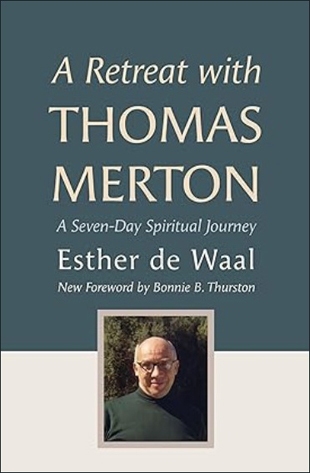“In the opening words of his autobiography Merton presents himself as someone with whom we can easily identify as he tells us how he finds himself at once caught up in contradictory coils. 'Free by nature, in the image of God, I was nevertheless the prisoner of my own violence and my own selfishness … loving God and yet hating him, born to love him, living instead in fear and hopeless self-contradictory hungers.'
“It is this tension between what he is and what he is called to be which strikes an answering chord in me, in all of us. For it is simply the choice between nonliving and living, between death and freedom, truth, salvation.
“The inner split between the two selves continued to haunt Merton — the superficial self which is proud, rebellious and fallen, and the true deep and contemplative self which is reconciled and forgiven. It is a theme to which he will return time and again. We all have this choice. We can dedicate our lives to truth or to falsity, to good or to evil. 'We can give our lives to God or to mammon his enemy. We can surrender to him who is, or we can cast ourselves away with one who is not, who is only the shadow and the negation and the denial of what is.' ”
